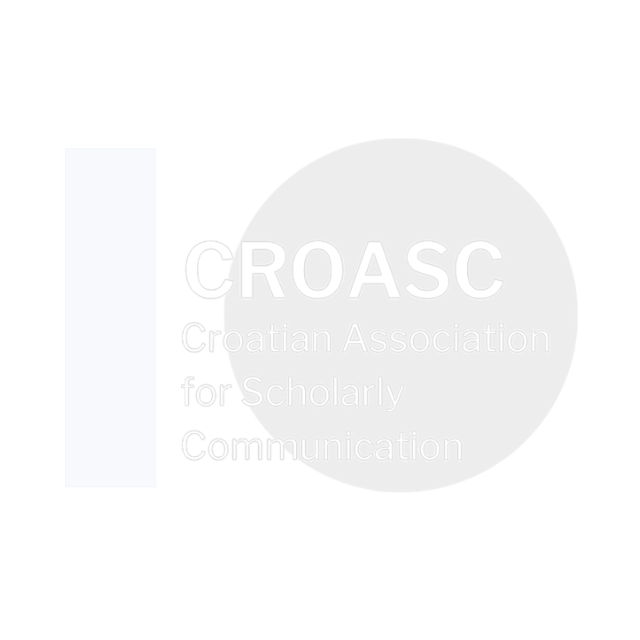Wikipedia and Disinformation: a case of Homeland War in the Republic of Croatia
poster presentation × friday × 13.30-15.00
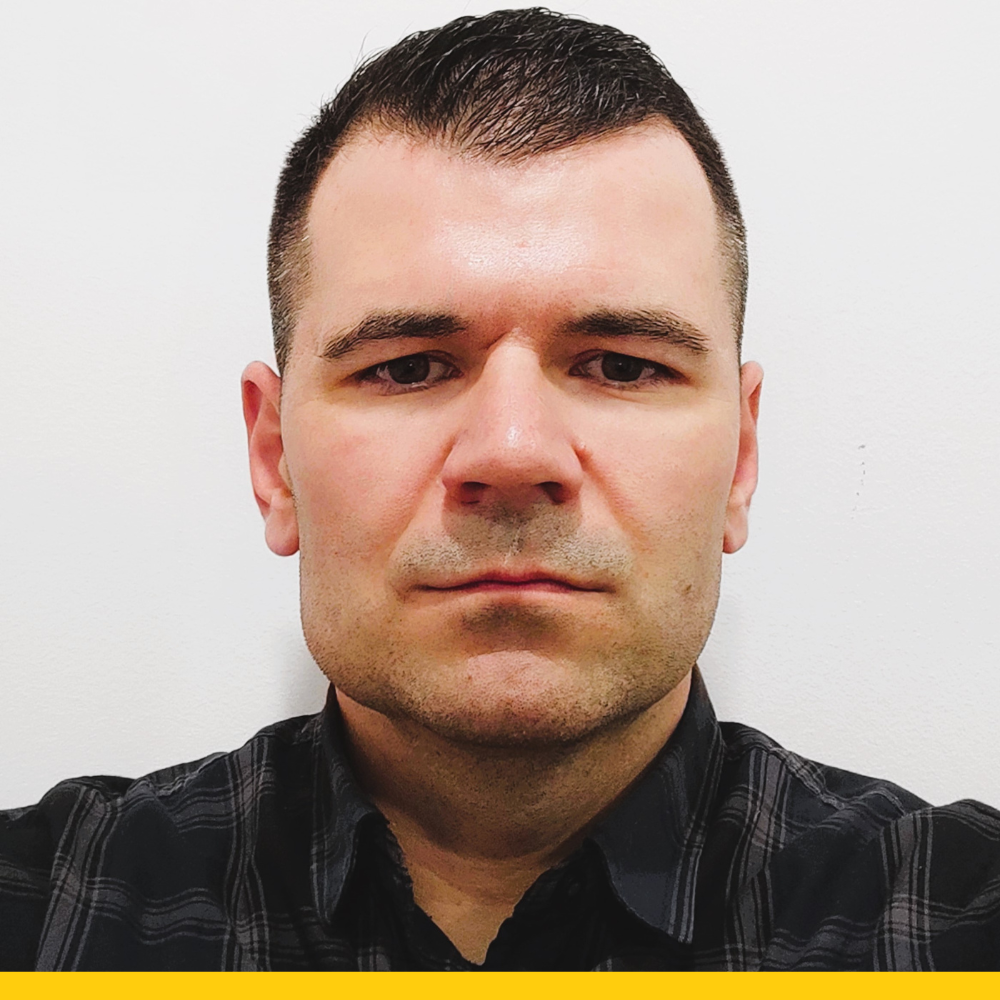
Dominik Dujić
University of Zagreb Faculty of Humanities and Social Sciences
Zagreb, Croatia
tomislav ivanjko
University of Zagreb Faculty of Humanities and Social Sciences
Zagreb, Croatia
By opening science to a larger number of users, i.e., by practising Open Science, the effects of science itself are multiplied. Research becomes accessible to more people, which, combined with the use of adequate channels for dissemination, can lead to the popularization of researched areas and consequently raise the level of public knowledge on a specific topic (Vlašiček & Flis, 2021). Thus, today with broadband internet and ubiquitous information access, the popularisation of science on digital platforms is extremely important to protect the cognitive experience of existing and new societal phenomena from malicious influences. Of course, manipulation of information is also possible in science, but it is significantly hampered by the fundamental principles of science such as transparency, verifiability, and argumentation when publishing information about the phenomena it deals with.
To understand disinformation campaigns, it is necessary to distinguish misinformation, which abounds in today’s information space, from disinformation. The fundamental difference lies in the purpose, or goal. Namely, misinformation is not necessarily created to mislead the user; it can be the result of ignorance, incompetence, or simply the fabrication of unverified content. In contrast, disinformation represents deliberately sent false or partially false information with the intent to mislead the user (Tuđman, 2003). The role of science is extremely significant in all domains of human society, and its actions can be a factor of both stability and instability. The aim of this poster is to show the potential for directed action of open science in the fight against disinformation to protect the corpus of public knowledge by using verified information platforms. As an example of the disputable use of verified and scientifically confirmed information, we can point to the multilingual, freely accessible internet encyclopaedia Wikipedia, which is susceptible to malicious influences, although most of its content represents accurate data (McDowell & Vetter, 2020). This encyclopaedia is the most widespread service for information about the “unknown,” and although partially regulated, it does not represent a fully regulated information platform.
There is a known example where the Croatian Wikipedia was shown to be biased in shaping content, particularly concerning political and military topics, including the theme of the Homeland War (Car & Šobota, 2023). A disinformation campaign is extremely difficult to prove because intent must be detected; however, a certain lack of transparency was observed, to which the administrators themselves reacted by employing so-called “Fact checkers.” Wikimedia published a report on this activity titled: “The Croatian Wikipedia Case: Encyclopedia of Knowledge or Encyclopedia for the Nation?” (Wikipedia.org, 2021) The digitization, updating, and popularization of national encyclopedic material, with an emphasis on the Croatian Encyclopedia, would reduce the influence of occasionally unverified platforms in this field and enable the reception of verified knowledge. Furthermore, projects like the “Digitization of materials from the Homeland War” and the declassification, i.e., public accessibility, of parts thereof would create a basis for upgrading existing knowledge based on facts and authentic sources, thereby reducing the possibility of information manipulation (Balog Vojak & Šinkić, 2013).
The contribution of open science principles would certainly include preventive activities such as educating public service staff through workshops and training on how to detect and identify potential threats in the information space. The goal of this approach is, of course, not for scientists to become “fact evaluators,” but for open science to become a reference point for shaping opinions about phenomena through increased accessibility, while unverified informational content on various media platforms would be approached with a higher level of critical thinking. Thus, science would represent a partial barrier to the penetration of disinformation into the corpus of public knowledge.
keywords
disinformation; open science; public knowledge; Wikipedia; Homeland War
References
Balog Vojak, J. & Šinkić, Z. (2013). THE PROJECT FOR THE DIGITISATION OF THE PRESS CLIPPINGS LIBRARY OF THE CROATIAN HISTORY MUSEUM. Informatica museologica, 44 (1-4), 0-0. Retrieved from https://hrcak.srce.hr/174265
Car, V. & Šobota, D. (2023) Disinformation as a tool for digital political activism: A case of the Croatian Wikipedia // International Scientific Conference Dubrovnik Media Days – Disinformation Research: Current Trends and Perspectives Dubrovnik, Croatia, 29.09.2023- 30.09.2023., Retrieved from: https://www.croris.hr/crosbi/publikacija/prilog-skup/801477
Clark, H.H. (1973). Space, time, semantics and the child. In T.E. Moore (Ed.), Cognitive development and the acquisition of language (pp. 27-63). New York: Academic Press.
Deane, P. (1993). At, by, to and past: an essay in Multimodal Image Theory. Proceedings of the Annual Meeting of the Berkeley Linguistic Society, 19, 112-124. https://doi.org/10.3765/bls.v19i1.1500
McDowell, Z. J., & Vetter, M. A. (2020). It Takes a Village to Combat a Fake News Army: Wikipedia’s Community and Policies for Information Literacy. Social Media + Society,
6(3). https://doi.org/10.1177/2056305120937309
Sīle, L., Pölönen, J., Sivertsen, G., Guns, R., Engels, T. C., Arefiev, P., … & Teitelbaum, R. (2018). Comprehensiveness of national bibliographic databases for social sciences and humanities: Findings from a European survey. Research Evaluation, 27(4), 310- 322. https://doi.org/10.1093/reseval/rvy016
Talmy, L. (2000). Towards a cognitive semantics, vol. 1. Cambridge, MA: The MIT Press. Tuđman, M. (2003) Prikazište znanja. Zagreb: Hrvatska sveučilišna naklada.
Vlašiček, D. & Flis, I. (2021). Open Science. A Brief Introduction to the Movement and its Methodological Significance. Revija za sociologiju, 51 (3), 507-516. Retrieved from https://hrcak.srce.hr/269814
Wikipedia .org. (2021) The Case of Croatian Wikipedia:Encyclopaedia of Knowledge or Encyclopaedia for the Nation? Retrieved
from https://upload.wikimedia.org/wikipedia/commons/1/14/Croatian_WP_Disinformation_Assessment_-_Final_Report_EN.pdf
presenter's biography
Dominik Dujić, univ spec. is a PHD candidate at the Faculty of Humanities and Social Sciences, University of Zagreb, in the field of Information of Information and Communication Sciences.
He holds a degree of University specialist in national security. His research focuses on information operations and other information activities with a particular emphasis on the Croatian Homeland War.

